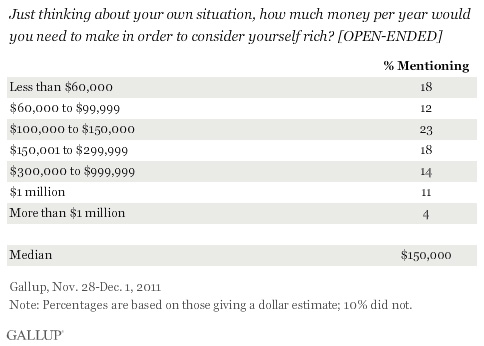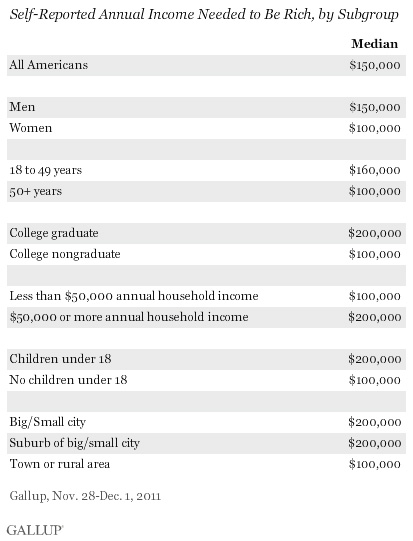We have all had the urge to hurl the phone across the room when a telemarketer calls in the middle of dinner.
But there are other ways to deal with the problem. And the Consumer Federation of America has published a new guide to help people understand their rights, and hopefully to avoid getting tricked by scammers.
The federation found in a recent survey that consumers are generally confused about their rights when it comes to telemarketing calls. For instance, when asked about the impact of placing their phone number on the national “Do Not Call” registry, only 34 percent answered correctly that putting your number on the list means that telemarketers can still call you, if you have recently done business with them.
Further, only a fourth of those surveyed knew that prerecorded sales “robocalls” may only be made to your home or cellphone if you gave the telemarketer written permission to make such calls to you.
Legitimate telemarketers generally follow the rules and don’t call before 8 a.m. or after 9 p.m., said Susan Grant, director of consumer protection at the federation. But if you get a call outside of those hours, or if the caller pressures you for financial or personal information, or asks you to wire money, it may be a fraud — and you should end the call and report it to the Federal Trade Commission, Ms. Grant said.
“We want consumers to hang up if they think something is wrong,” she said.
The F.T.C. has been trying to crack down on illegal robocalling, but new technology used by companies to circumvent the rules has made it difficult to halt the calls.
The survey of 1,008 adults was conducted using landlines and cellphones for the federation’s Consumer Protection Institute by ORC International from Feb. 21 to 24. The margin of sampling error is plus or minus 3 percentage points.
The federation’s new consumer guide walks though basic consumer rights about the do-not-call registry, telemarketing, robocalls and caller identification. The guide was financed with a grant from Western Union.
For instance, even if you haven’t put your number on the do-not-call list, or you have previously given permission for calls, you can always tell the marketer to stop calling. “You always have the right to tell companies not to call again,” Ms. Grant said.
Have you taken steps to stop unwanted telemarketing calls? Were they effective?
Article source: http://bucks.blogs.nytimes.com/2013/03/07/your-rights-in-dealing-with-telemarketers/?partner=rss&emc=rss


